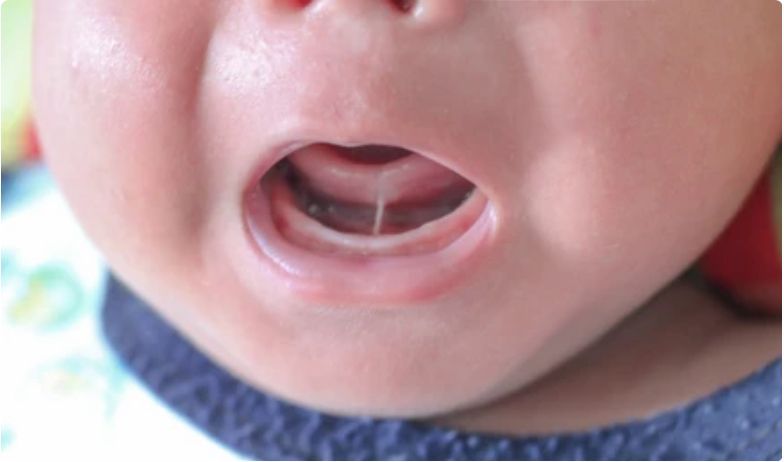Caring For Your Child With Concussion
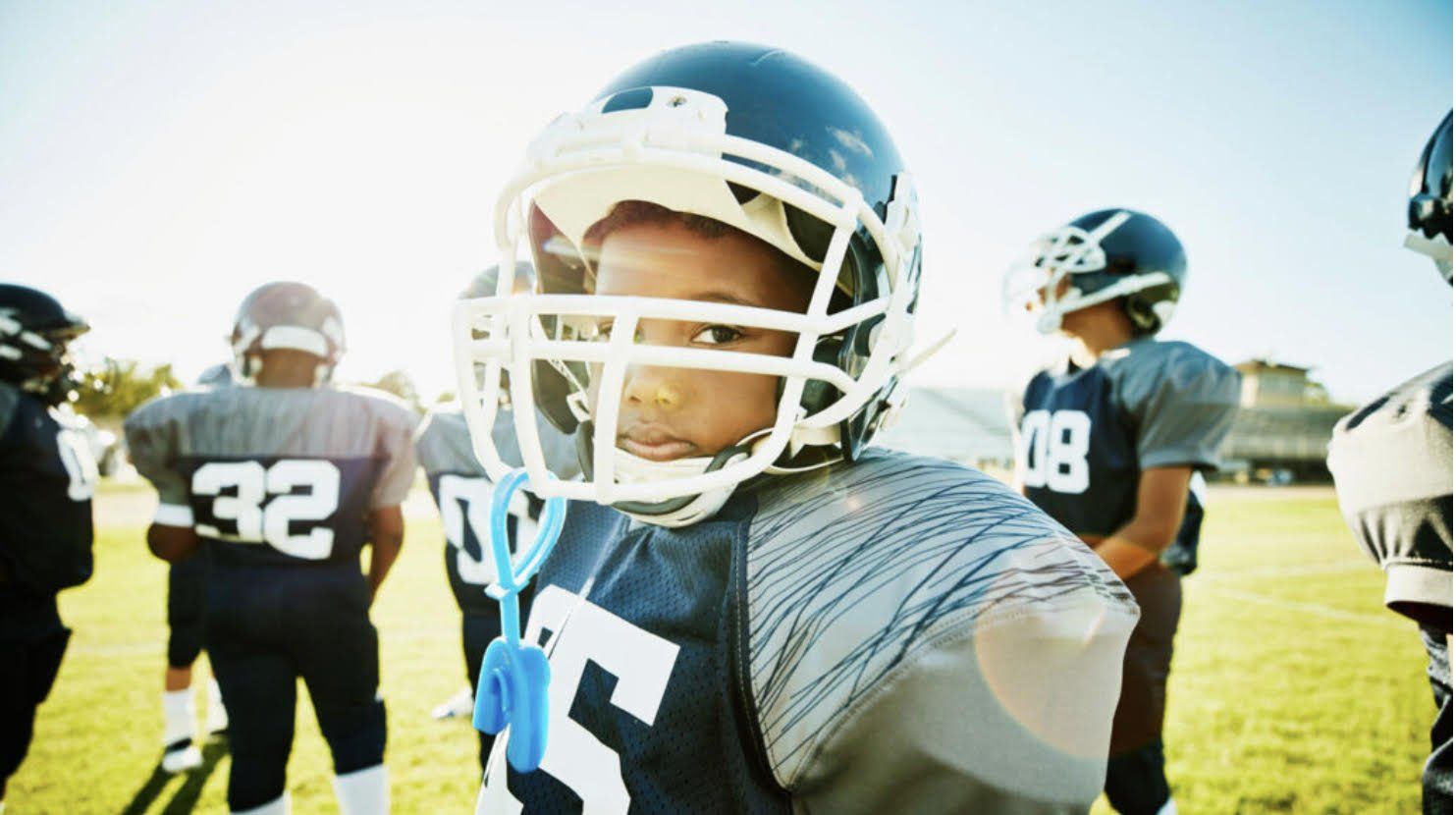
Concussion is a commonly occurring traumatic brain injury, which largely occurs in children and adolescents during sports-related trauma, though concussion may be related to other forms of head trauma (accidental falls, being struck by a person or object, motor vehicle injury etc). Up to 2 million recreational concussions and sports-related concussions are reported yearly in people under 18yr in the United States. Symptoms following concussion can impact physical, emotional, academic, social, family, and athletic health, making the appropriate management of your child with concussion extremely important, both enhancing recovery and minimizing long-term complications.
Concussion may be caused by a direct blow to the head, or trauma elsewhere to the body that produces an energy force transmitted to the head, impacting the brain. The kinetics of the injury consist of forces of acceleration, deceleration, and rotation of the head. The trauma causes a chemical cascade and metabolic disturbance that impacts the brain down to the cellular level, depleting cellular energy, creating acidosis, causing oxidative stress and inflammation, all resulting in significant changes in brain function. The actual structure of the brain may not appear altered on standard Xray, CT, MRI. Decreased cerebral brain flow and the sheer force to the axons during trauma also impact brain function for days to weeks following concussive head injury.
Signs and symptoms of concussion can be divided by category, and include:
- somatic (headache in over 90%, dizziness in up to 75%, nausea and vomiting, neck pain, sensitivity to light and noise)
- vestibular/oculomotor (visual tracking and convergence problems, impaired balance and coordination, slow reaction time, dizziness, hearing problems and tinnitus)
- cognitive (blank stare or “stunned” appearance, poor focus in over 50%, confusion and disorientation in 40%, slow processing speed, slow speech, brain fog, memory loss, impaired learning)
- emotional (irritability, emotional lability, sadness)
- sleep (drowsiness, fatigue, trouble falling asleep or staying asleep, sleeping too much)
The sports with the highest risk of concussion are tackle football, lacrosse, ice hockey, wrestling, soccer, field hockey, and basketball. Rates of concussion are significantly higher during competition than practice. Interestingly, girls’ soccer and basketball are associated with a higher incidence of concussion than boys’ soccer and basketball. Swimming and track are the sports with the lowest rates of concussion. Concussion may also occur with accidental trauma during recreational activities such as bicycle riding, skateboarding, ice skating and skiing.
Brief loss of consciousness in a child sustaining concussion occurs less than 10% of the time, and does not predict more significant impairment; the absence of loss of consciousness does not justify more rapid return to play or school. The initial evaluation of a conscious athlete who is suspected of having a sports-related concussion occurs on the field or on the sideline or in the locker room. The most common tool used is the Sport Concussion Assessment Tool (SCAT). Because athletes do not always show immediate symptoms or signs of deficits following trauma, it is imperative to err on the side of caution and keep the athlete from returning to play on that same day, while reassessing for evidence of concussion. In fact, all 50 states have enacted laws requiring the benching of an individual suspected of sustaining a concussion, and requiring medical evaluation before returning to play. Studies show that athletes who continue to play are nearly 10x more likely to have a prolonged recovery from this trauma, and may experience severe consequences following subsequent head trauma.
Red flags in the initial assessment that would warrant urgent referral to an emergency room include loss of consciousness, weakness or tingling in the arms or legs, severe or progressive headache, repeated episodes of vomiting, irritability or combativeness, and/or seizure. These may indicate more serious trauma, such as skull fracture, hemorrhage, or injury to the cervical spine. CT scan of the brain is routinely performed in the emergency room for a child being evaluated for head trauma, though it is generally normal for the child with concussive head injury, in the absence of signs of more serious trauma. CT does expose a child to the potentially harmful effects of ionizing radiation, and ought to be considered carefully in a child who appears well and in whom there is no evidence for deterioration over time. MRI of the brain is superior to CT scan in detecting contusion (bruising) to the brain, and ruling out other brain lesions in children with ongoing symptoms (e.g. tumor or Chiari malformation). Functional neuroimaging (PET scans, functional MRI) may soon be available in the diagnosis and management of pediatric concussive head injury. Neurocognitive testing may be beneficial in the individual with prolonged symptoms or repeated concussion, though children and adolescents with underlying diagnoses of psychiatric illness, ADHD, migraine and substance abuse may have abnormal neurocognitive testing independent of concussion.
The diagnosis of concussion is based on a history of trauma that results in rapid acceleration, deceleration and/or rotation of the brain; onset of signs of symptoms soon after the injury; a positive assessment, e.g. SCAT; exclusion of structural injuries to the brain, e.g. subdural hematoma noted on CT scan; the exclusion of other medical diagnoses with similar features, e.g., heat stroke, hypoglycemia, cardiac syncope, migraine, psychiatric disorder, etc.
The acute management of concussion involves assessment for injuries/deficits that may require rehabilitation; education about what to anticipate following the diagnosis of concussion; cognitive and physical rest; and guidance for returning back to school and play. Current recommendations include:
- Immediate removal from play.
- Limiting initial physical exertion to walking, keeping the intensity below a level that provokes symptoms.
- Avoiding recreational activities that may result in a second head injury (cycling, skating, skiing, skateboarding, etc.) until full recovery.
- Suspending screen time for at least 24 hours following the injury, then limiting screen time in individuals with light sensitivity or oculomotor deficits. Consider accommodations such as enlarged font and lower brightness.
- Reducing academic workload to avoid provoking symptoms.
- Suspending driving for a few days following head trauma, as focus and reaction times may be impaired.
- Analgesics and anti-inflammatory medications like Tylenol and Motrin may be used in the days following injury, though prolonged use may result in rebound headaches and many complicate recovery.
- Ondansetron (Zofran) may be used for nausea in the first few days following concussion. However, ondansetron itself can potentially cause headache, drowsiness and dizziness, complicating other symptoms of concussion.
- Physical therapy may be useful to facilitate recovery when the concussion is accompanied by cervical strain or deficits in balance and coordination.
- Occupational therapy may be useful to facilitate recovery when the concussion is accompanied by deficits in motor planning and cognition.
- Oculomotor therapy may be useful to facilitate recovery when the concussion is accompanied by visual deficits in accommodation, tracking, etc.
Recovery varies among all patients, as every concussion is unique, though most children and adolescents with concussive head trauma recover within 1-4 weeks. Return to sport must be individualized, and is best accomplished by following a graduated stepwise program. Studies have consistently showed that low levels of aerobic exercise, if tolerated, initiated within days of the injury, are safe, prevent deconditioning, and improve recovery time. Athletes should not be allowed to return to contact, collision or high-risk activities until symptoms of concussion have resolved and a return-to-sport progression has been completed. Each step should take at least 24 hours, so at best, it takes about 1 week to resume full participation, as long as the athlete remains symptom-free. The return-to-sport progression may be monitored by a parent, coach, athletic trainer, or health care provider working within a specialized concussion program. Written medical clearance from a health care provider is required for any athlete with concussion to return to participation. The process is rigorous, as athletes who return too soon are at risk for a more severe subsequent injury and prolonged recovery. Return to full participation is only recommended once your child is back to baseline, is symptom-free, and has successfully returned to school.
Return to school must also be individualized, as symptoms of concussion may be worsened by cognitive effort (reading, prolonged screen time, high focus with problem solving and test taking, etc.). In addition, studies show that cognitive rest following concussion is associated with improved neurocognitive function. It is recommended to rest at least one to two days before returning to school, and then return to school when capable of sustaining 30-45 minutes of concentration without symptoms. For children and adolescents with ongoing symptoms, it is recommended to minimize cognitive activities; avoid exposure to video games, loud music and prolonged recreational screen time; and analogous to return to sport, gradually resume cognitive activities under the guidance of a concussion specialist. School adjustments may be necessary in the first few weeks (rest break in the nurses’ office, extra time in hallways, obtaining preprinted notes, etc.). Formal academic accommodations may be required to address longer-term needs beyond 3 weeks, and can be formalized in a 504 plan (extra time on work, changes in class schedule, alternate arrangements for standardized testing, etc.). Academic modifications may be necessary for prolonged post-concussive symptoms impacting school function, necessitating special education with needs specified in an individualized educational plan (IEP).
The chronic management of concussion includes addressing long-term symptoms such as headache, dizziness, fatigue, brain fog, poor focus and memory, impaired balance and coordination, insomnia, poor emotional regulation, mood disorders, and sleep disorder. Referral to a specialized concussion center is warranted. Consultation with a pediatric neurologist, neuropsychologist, and/or physiatrist may be recommended. Physical therapy, occupational therapy, vestibular therapy, oculomotor therapy, biofeedback, and cognitive-behavioral therapy with a psychologist made be necessary. Good sleep hygiene is essential, and a trial of melatonin 2-5mg may be initiated to improve sleep.
Though there are no evidence-based clinical studies to support nutritional strategies in the recovery from concussion, it makes sense to incorporate foods that reduce oxidative stress and inflammation, and support neuronal healing and growth: these include brightly colored fruits and vegetables, particularly blue and purple grapes and berries, and cruciferous vegetables like broccoli and cauliflower; wild salmon and bivalves (mussels, clams, oysters); healthy fats from eggs, nuts and seeds, avocado, coconut milk, olive oil; herbs like ginger, cilantro, and rosemary; spices like garlic, tumeric and cinnamon.
Prevention of concussion is challenging, with efforts largely focused on improving protective equipment and their fit, implementing fair rules of the game to reduce risk of head injury, and educating participants and their families for safe sports participation. Policy change is also needed: based on clear evidence that concussion risk is reduced in youth ice hockey when body checking is prohibited, the American Academy of Pediatrics recommends that body checking not be permitted in youth ice hockey until age 15yr. Exercises done to strengthen neck musculature may mitigate the impact of an injury and reduce the risk of sports-related concussion.
The prognosis for your child with concussion is good. Most pediatric patients will recover readily from concussion, and it is estimated that 90% will be symptom-free and clear to return to play within one month of the injury. The presence of a higher overall initial symptom burden has shown to be the most consistent predictor of prolonged (>28 days) recovery after a concussion. Additional risk factors for prolonged recovery include history of prior concussion, history of migraine, history of learning disabilities, history of anxiety or depression, and failure to observe the recommended periods of cognitive and physical rest. Female adolescent patients may take longer to recover.
We are here for you. Reach out on the portal or schedule an appointment to come see us in the office if you have any concerns about your child with concussion. Here are some local resources to support our patients with concussion and their families:
Dr. John W. Kuluz
Nicklaus Children’s Hospital Concussion and Brain Injury Clinic
3100 SW 62nd Avenue
Miami, FL 33315
786-268-1789
Drs. Michael Dressing, Diana Martinez, Virmarie Quinones-Pagan
Joe DiMaggio Children’s Hospital Concussion Clinic
4651 Sheridan Street Suite 150
Hollywood, FL 33021
954-538-5566
Sports Medicine Concussion Clinic
Nova Southeastern University
3301 College Avenue
Davie, FL 33314
Head Strong Concussion Care Program
Coral Springs Medical Center
3000 Coral Hills Drive
Coral Springs, FL 33065
University of Miami Concussion Program
Batchelor Children’s Research Institute
1580 NW 10th Ave. 1st Floor Clinic
Miami, FL 33136
305-243-2074
University of Miami Concussion Program
UHealth of Boca Raton
3848 FAU Boulevard, Suite 305
Boca Raton, FL 33431
561-289-5808


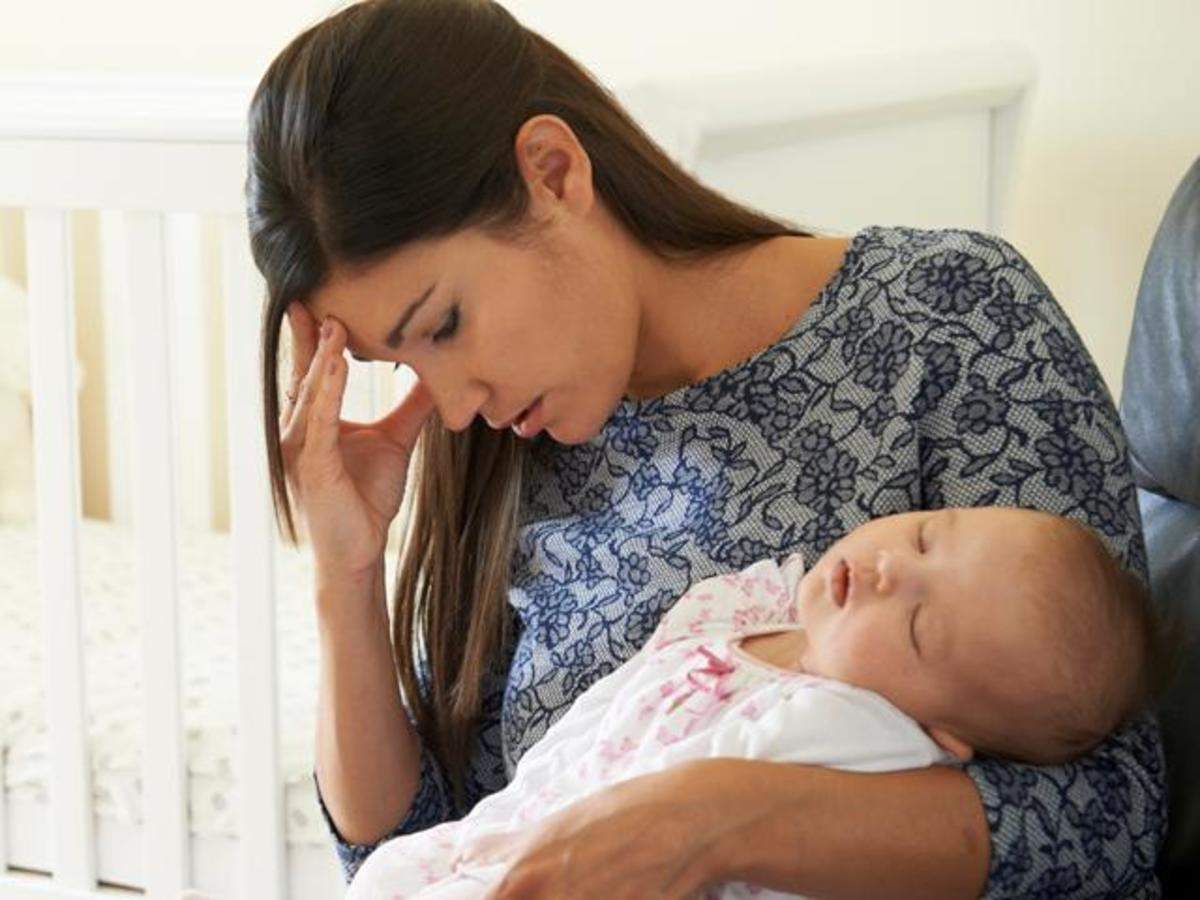
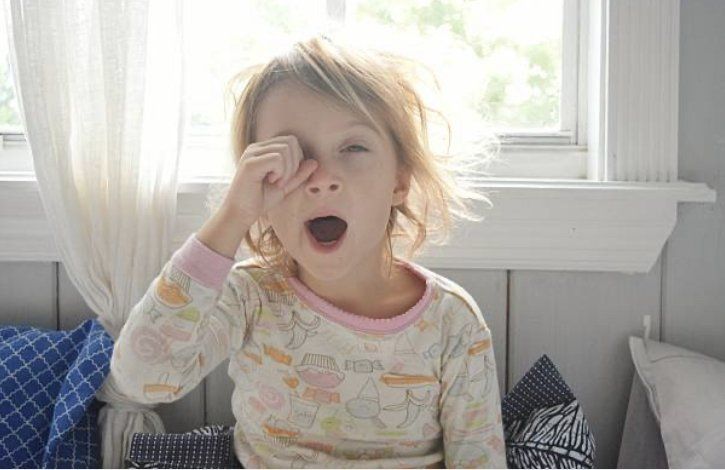
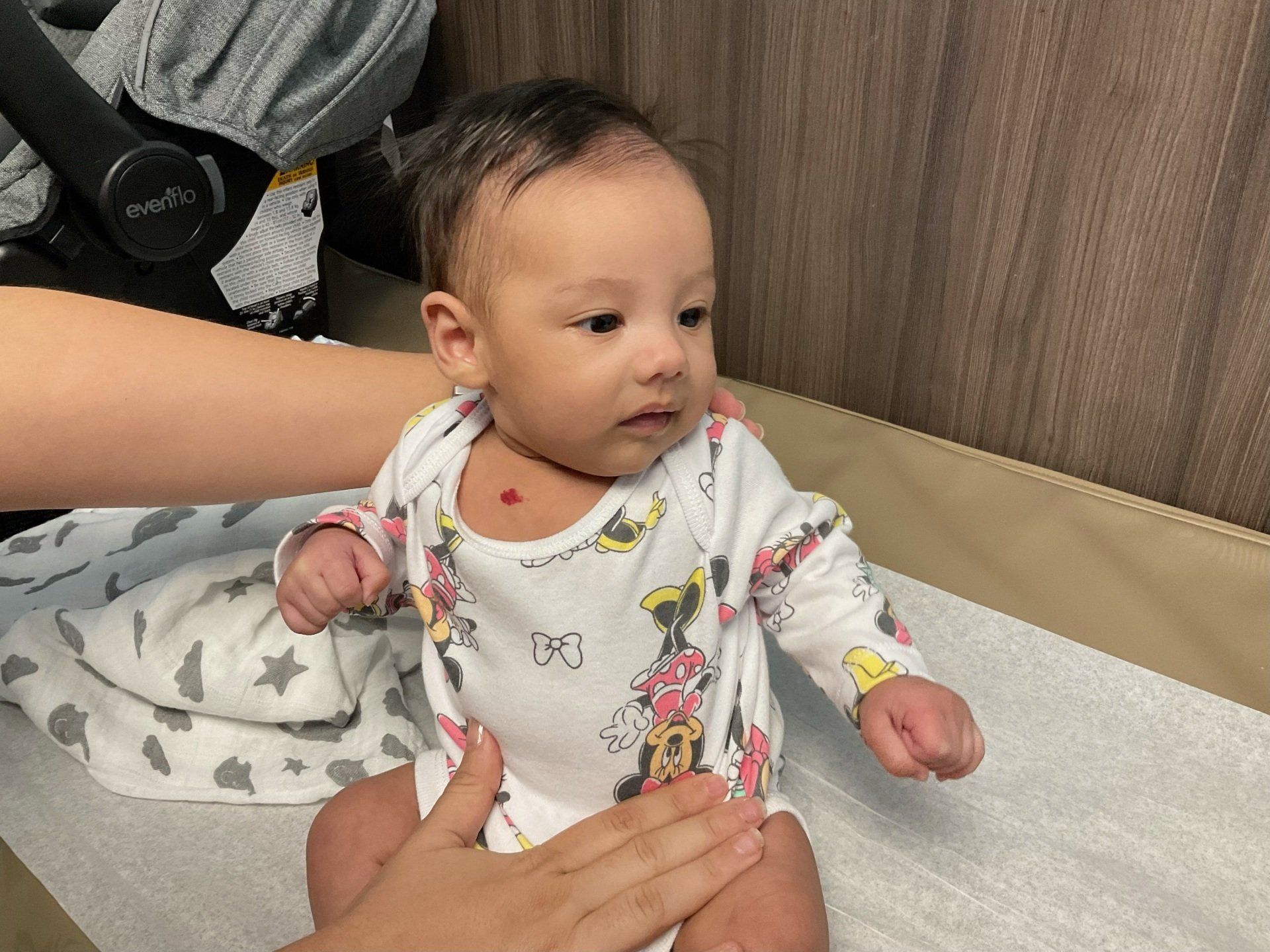

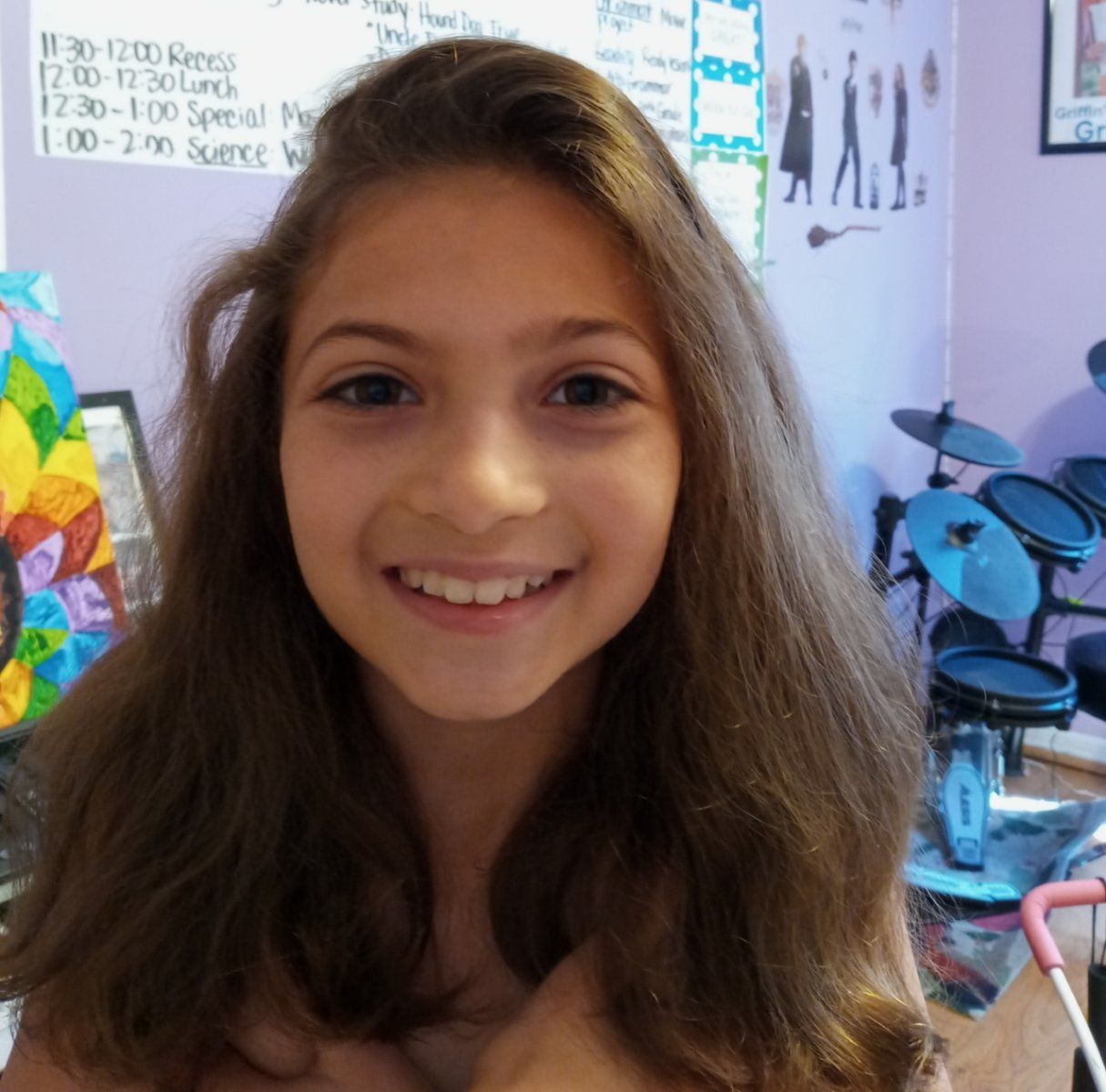

PLANTATION
8430 West Broward Blvd Ste 300
Plantation, FL 33324
(954)-473-8588 (fax)
Monday - Fridays
8 am - 5 pm
(Closed for Lunch 12pm-1:30pm)
Saturday
8 am - 12 pm
Sundays & Holidays
Morning Urgent Hours Available For Coral Springs, Only After 8 am
TAMARAC
7489 North University Drive
Tamarac, FL 33321
(954)-722-4888 (fax)
Monday - Friday
8 am - 5 pm
(Closed for Lunch 12pm-1:30pm)
Saturday
8 am - 12pm
Sundays & Holidays
Morning Urgent Hours Available For Coral Springs, Only After 8 am
CORAL SPRINGS
5697 Coral Ridge Dr.
Coral Springs, FL 33076
(954) 510-4800 (fax)
Monday - Friday
8 am - 5 pm
(Closed for Lunch 12pm-1:30pm)
Saturday
8 am - 12pm
Sundays & Holidays
Morning Urgent Hours Available For Coral Springs, Only After 8 am
Miramar
1951 SW 172nd Avenue Ste 200
Miramar, FL 33029
(954) 722-4888 (fax)
Monday & Friday
8 am - 12pm
Saturday
8 am - 12pm
Sundays & Holidays
Morning Urgent Hours Available For Coral Springs, Only After 8 am
© 2025 Children's Medical Association (CMA). All rights reserved.
Designed by Brandiket.com
















